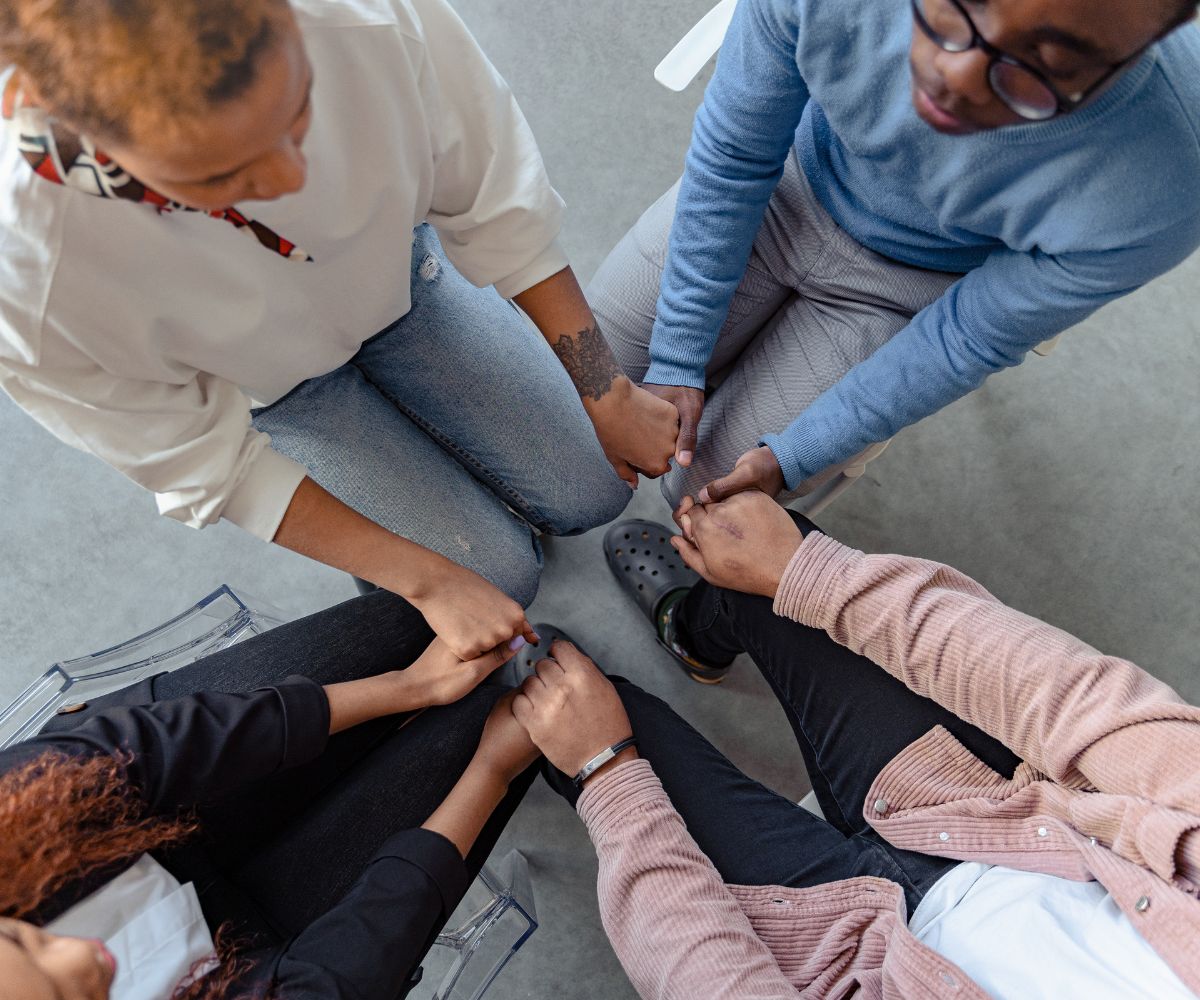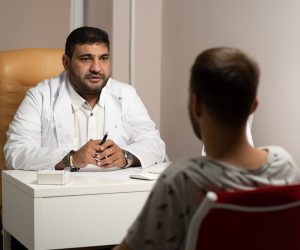People with mental health disorders like depressive disorders, schizophrenia, personality disorders, feel stigmatized, isolated, and not understood. Coming to a rehabilitation center for treatment is a great step forward, but the road to recovery is always uphill. Support groups become essential tools in this journey because they offer emotional support, shared experiences, and ways of coping that boost one’s self-esteem and general well-being. If one seeks mental health treatment near my current location or looks to access an online support group, a natural stepping point always existed from that formality called therapy to life as he usually has to live.
Knowing Mental Disorders and How Support Groups Work
Mental illness affects millions of people globally and disrupts emotional, social, and physical well-being. Therapies and medications are crucial treatments but have failed to reach the bottom of the loneliness and isolation most people feel. Support groups provide a safe and non-judgmental place for people to share their problems with others who have experienced similar issues, thus erasing much of the alienation people feel when dealing with mental illness. They are a significant part of recovery plans that many leading rehabilitation treatment centers for mental health rehabilitation in Gurgaon and other locations offer.
Advantages of Support Groups in Mental Health Recovery
– Emotional Support and Validation
Mental illness often causes alienation and low self-esteem. Support groups offer a non-threatening setting in which individuals can share their experiences. The process of mutual sharing promotes emotional healing because the members feel heard and understood.
– Sharing Coping Strategies
Members of supportive groups share useful coping methods to handle triggers, anxiety, and stigma. While it is stress-reducing techniques, mindfulness methods, or whatever else helps, members become better at navigating their journey to get well through this collective resource.
Groups provided in behavioral health clinics typically provide such offerings.
– Reducing Stigma and Guilt
The stigma around mental health causes many people to hesitate to get treatment. Support groups give a safe environment where members may freely express their experiences, so normalizing mental health issues and promoting more self-acceptance.
– Encouragement, Motivation, and Accountability
In support groups, there are regular interactions that boost motivation, encouraging the participants to lead a healthy lifestyle, like balanced diets or exercise. Such feelings of accountability always tend to speed up recovery.
– Building Social Relationship
Support groups help you bond with other people who understand your problems. Such a community fights loneliness and fosters social relationships that are a cornerstone for long-term recovery. Most high-end mental health care facilities in Gurgaon consider this part of the overall holistic treatment process.
There are several types of support groups present in mental health centers.
Support groups are diverse, hence inclusive and relevant. Some of the common types include:
– Peer-Led Support Groups
Led by individuals who have personally navigated similar challenges, these groups create a welcoming environment of empathy and shared understanding. They highlight the importance of collective recovery and learning from each other’s experiences.
– Condition-Specific Support Groups
These groups are usually specific to a disorder, such as OCD. They usually offer advice and strategies that fit one’s particular needs. Many of the best OCD treatment centers in Gurgaon host such groups.
– Online Support Groups
Online platforms can accommodate clients who have mobility problems and individuals who live in more secluded areas. Most treatment centers in India use the web to provide virtual support groups as part of addressing differences.
– Family and Caregiver Support Groups
Family groups support the relatives of persons with mental health issues to discuss issues, maintain boundary conditions, and cope with their stress. Family support often serves in tandem with personal support as a way of cooperation.
– Professional Counseling in Support Groups
While groups are guided by peers, experienced individuals can elevate the learning to the next level of reality. Most rehab centers across Gurgaon arrange a support group, especially a professional psychologist, psychiatrist, and social worker. These professionals keep discussions on track and introduce therapeutic techniques and psychoeducation tailored to your recovery plan. Their structured approach helps create a safe, supportive environment, enhancing the group’s effectiveness and giving you the tools to navigate your journey more confidently.
– How to Look for a Support Group
The right support group will make a difference in meaningful engagement and recovery. Consider the following factors:
Types of Group
Determine whether you need a peer-led group or a professionally facilitated one.
Size and Format: Decide between small, intimate groups or larger, more structured ones. Consider in-person versus online formats based on convenience.
Frequency
Choose a support group that will fit perfectly well in your schedule. Pick one with meeting times at which you are free and convenient to attend consistently without feeling overwhelmed. Thus, you will be fully engaging and benefiting from the support and connection it offers.
Merlin Health: A Partner in Recovery
Merlin Health in Gurgaon, Delhi NCR is India’s first-ever center dedicated to comprehensive care of those affected by mental health disorders. Their strong focus on community and shared resilience makes the support groups at Merlin Health safe places for emotional healing and personal growth. It brings a clinical approach to everyday life in treatment for long-lasting recovery and enhanced well-being.
Conclusion
Support groups provide so much more than just a space to talk—they offer validation, shared strategies, and a genuine sense of belonging. They’re a powerful complement to professional therapy, providing the social support you need to navigate challenges and work toward holistic well-being. Whether you’re part of a luxury mental health program or a community-driven recovery plan, support groups can be truly transformative, helping you feel connected and empowered on your journey.
Take the first step towards recovery today. For expert care and guidance, call Merlin Health at +91 9220431600 or visit www.merlinhcs.com.
FAQs
Q1. What are the advantages of participating in a support group for mental health recovery?
A. Support groups provide more than just a space to talk. They provide emotional cogency, shared coping mechanisms, and a sense of community. Knowing that others truly know what you are going through and maybe going through it with you can give you considerable power. Most mental health treatment centers will stress on these groups as part of the whole recovery since it’s a safe space for connections, opportunities to learn, and some mutual encouragement. A reminder that you are not alone and recovery is a journey best traveled with someone by your side.
Q2. Can I join an online support group if I cannot attend in person?
A. Absolutely! It is really convenient and accessible, especially for those who cannot move or are in a remote area. Many of the high-end mental health facilities hold these groups to ensure that everyone gets a chance to come together, share, and heal in a safe environment, regardless of where they are.
Q3. Are support groups only for people who are undergoing professional therapy?
A. Not. Any person seeking connection or understanding will benefit from support groups. Whether you currently see a therapist or simply long for that deep sense of belonging, these groups can be supportive. They could create a safe environment for experiences to be shared, lessons learned, and encouragement gained at any stage of the journey. Believe it or not, being in support groups makes a difference.
Q4. How can I find an appropriate support group around my area?
A. You can look up behavioral health clinics or reach mental health centers to find groups that can fulfill your expectations in terms of size, frequency, and kind.
Q5. Are there support groups that my family members can join?
Indeed, family and caregiver support groups are meant to assist loved ones to find a way through difficulties and give emotional support to their families. Many of the mental rehabilitation centers in Gurgaon offer such groups.







